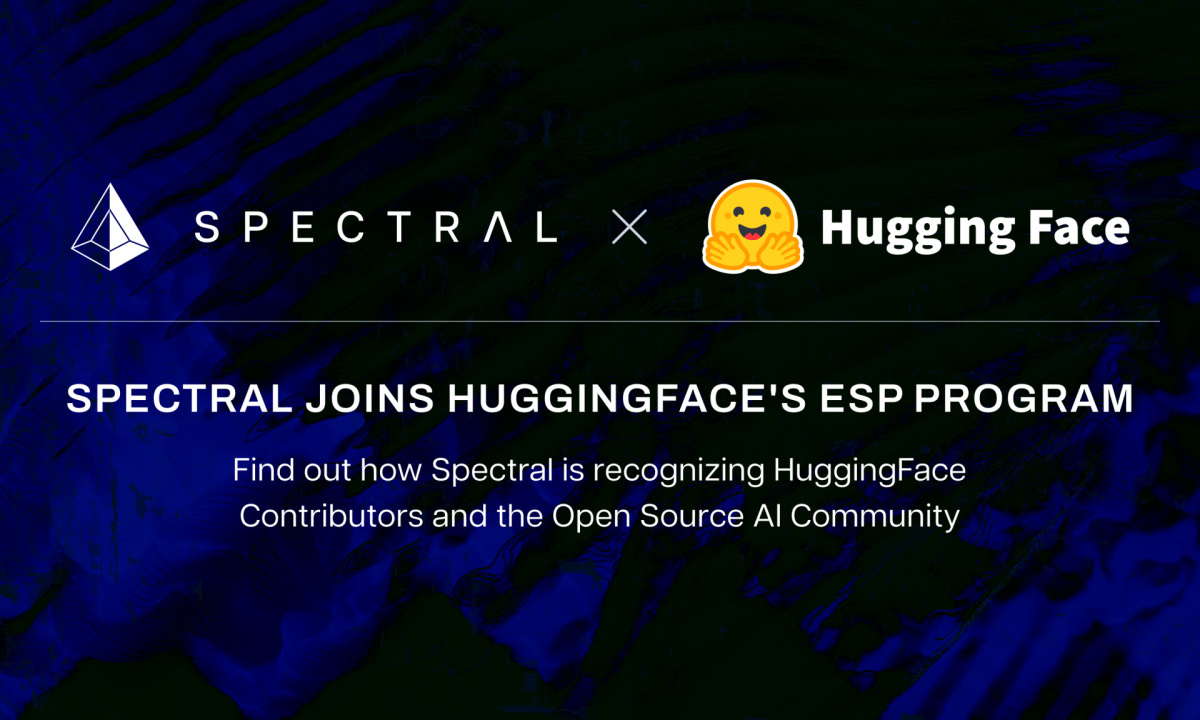What Is Spoon (Blockchain)?
Spoon (Blockchain) is a term used to describe a specific type of blockchain fork that involves the creation of a new cryptocurrency by inheriting the account balances of an existing cryptocurrency. This unique approach allows the new project to incorporate its own features into the previous software while still allowing users of the existing protocol to participate. The main goal of spooning is to attract users and developers from an established platform, making it a collaborative process rather than a contentious one. However, spoons are not commonly implemented in the blockchain industry due to their lack of convenience.
Unlike the more common hard fork, a spoon differs in nature and intention. While hard forks are typically contentious, spoons are focused on collaboration. Additionally, hard forks use the same token as the existing chain, whereas spoons copy balances and utilize a different custom token for their purposes. Furthermore, hard forks aim to steal market share and dominance from an existing platform, whereas spoons complement the technical capabilities of the projects they copy balances from.
Among the various protocols available for spooning, Ethereum stands out due to its large user base and developer community. It is the most widely used protocol for this purpose. A couple of examples of spoon projects include Athereum and Cosmos. These projects took snapshots of the Ethereum blockchain to record and transfer account balances to their new networks. These networks are compatible with the Ethereum mainnet in various ways and introduce their own improvements and functionalities. It is important to note that despite copying balances, these projects have their own tokens and do not use ETH.











